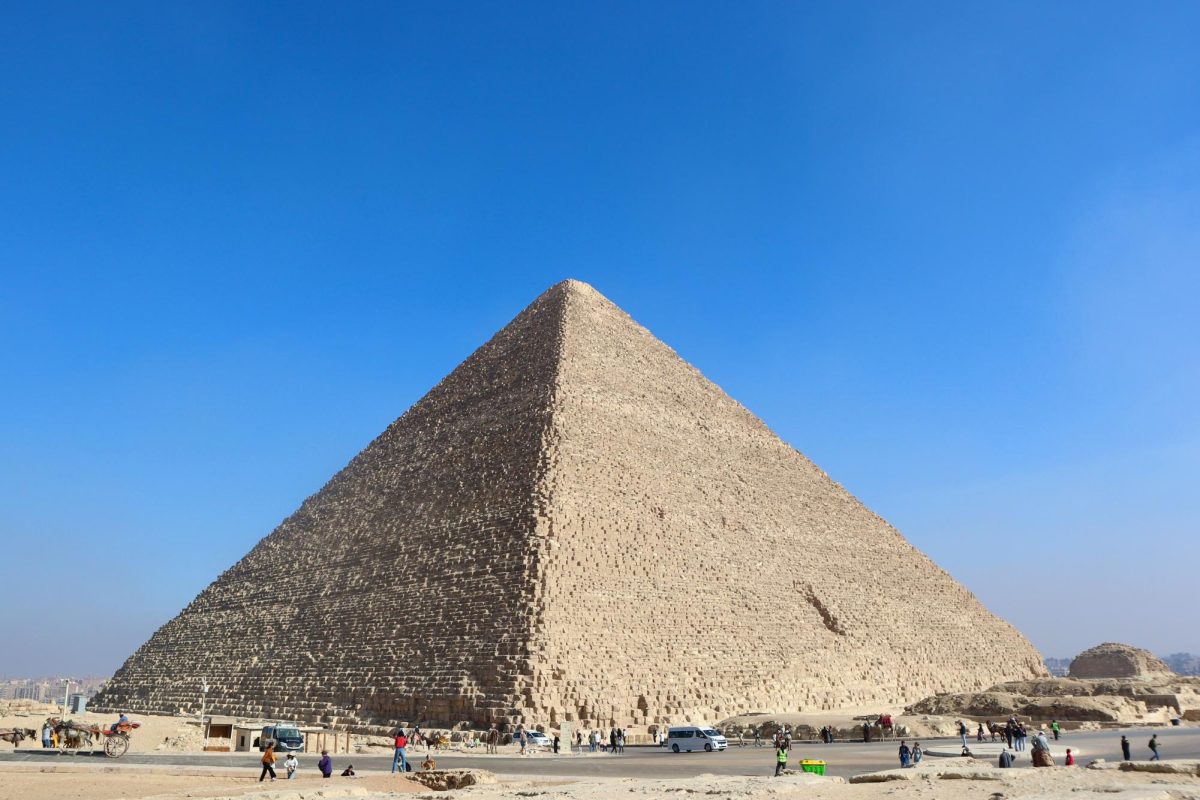World famous Pharaoh Tutankhamun, better known as King Tut, was born in Egypt circa 1314. In 1332 BCE Tutankhamun became a Pharaoh at the age of nine years old, after his father’s passing. Sadly, at the age of eighteen years old, King Tut passed away. However, no one knew who or what killed him. Some say it was natural causes, while others say he was murdered.
While King Tut’s death is still a mystery, I think that it was a little bit of both. There seemed to be things that screamed natural causes. For example, “the bone disease that he suffered from, called bone necrosis.” Then there were things that screamed murder. For example, “the bone fragment that was found in his skull” which studies say “happened before death.” He was also “embalmed without his heart” which was odd because that usually didn’t happen.
Let’s talk about how natural causes could have killed King Tut. First, there was the chariot crash along with his having bone necrosis. Since the king had a disease that made his bones brittle, the crash could have broken bones on the right side of his body, killing him. It was said that the king also had malaria, “along with three of his close relatives who also suffered from a malaria infection at the time of his death.” It was also said that since the king had bone necrosis, an infection could have killed him, “but it could have killed him if other factors, such as an infection, were involved.”
Now for the cause of murder. The first person who is suspected of killing King Tut is his dad’s former advisor, Aye. It was said Aye took the throne after the king died, “Aye did become pharaoh after Tut’s demise.” Aye also married King Tut’s wife not long after he died. Ankhesenamun, King Tut’s wife, wrote to an Egyptian enemy to send her a prince so she would not have to marry Aye. Another suspect was a military general, Horemheb, who was also an advisor to King Tut’s dad. It is said as the king needed Horemheb less and less he got jealous, “Tut gained more independence, he relied on Horemheb less and less, and this may have drawn the ire of the military general.” After Aye passed, Horemheb was next in line for the throne, and in his reign, he went back to the old ways of Egypt and erased King Tut and his dad.
As expressed earlier, yes, I do think that it was a little bit of both murder and natural causes. I think it was the bone disease that he suffered from, which is called bone necrosis. I also think that his dad’s former advisor, Aye, had something to do with it because as soon as King Tut died, Aye became a Pharaoh and married Tut’s wife.
And that’s why I think he died from natural causes and was either murdered or something was tampered with.













